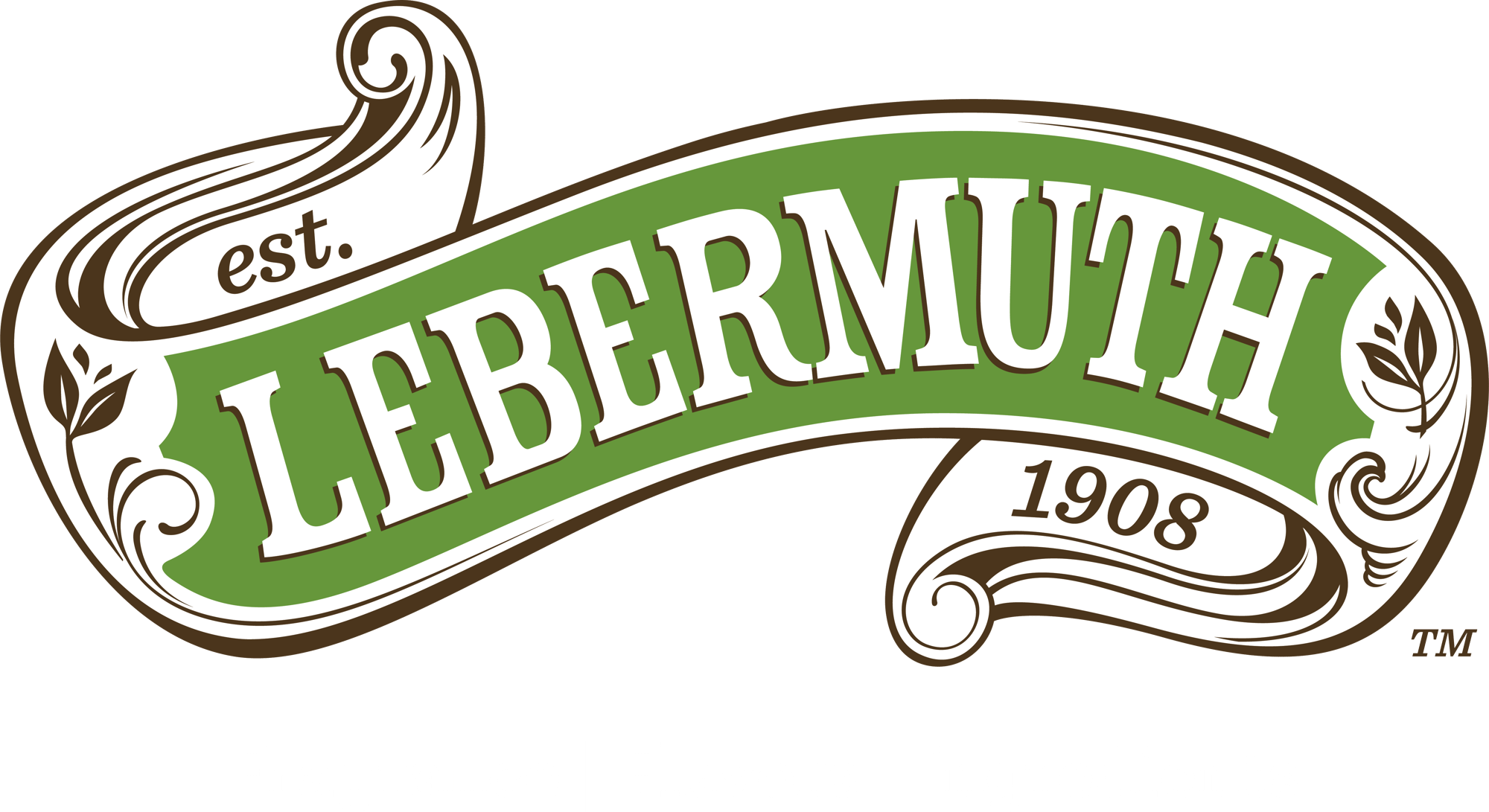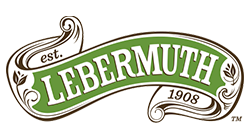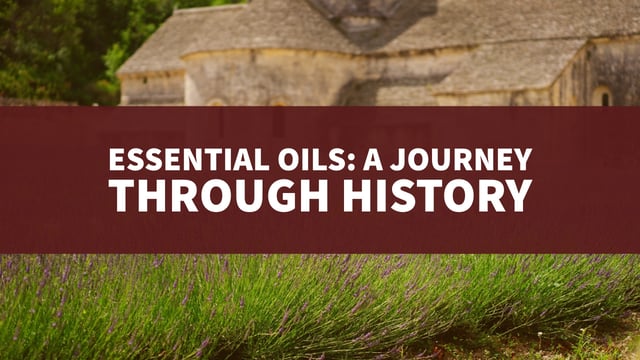Essential Oils: A Journey Through History
by Lebermuth, on Apr 16, 2019
Avid users of essential oils may find it difficult to imagine life without them. Rightfully so! These herbal gifts serve a multitude of purposes. Let's take lavender oil, for example. In history it has been said to induce relaxation, aid in sleep, kill bacteria, reduce swelling and itching for bug bites and bee stings, stops bleeding, cleans wounds, and the list goes on. Aside from the healing properties, essential oils also have spiritual and beauty enhancing value that has been used since ancient times. Let's take a brief journey back in time and around the world to discover how essential oils have been used throughout history.
The first use of essential oils is believed to go back to pre-historic times when they were used to create paintings on the walls of caves. Next to claim the use of essential oils were Egyptians as far back as 4500 BC. Cleopatra's beauty has been attributed to her spa treatments featuring essential oils and salt from the Dead sea. In addition to adornment, Egyptians harnessed these powerful oils to create tinctures, powders, salves and ointments to be used in medicinal treatments and spiritual ceremonies.Moving ahead in time to 2597 BC, Huang Ti, The Yellow Emperor of China, was recorded using essential oils during his reign. He wrote a book on medicine including the use of aromatics. This book is still used today by those practicing Eastern medicine.
Next, we travel to India where literature from 2000 BC references the use of oils in Ayurvedic (or Ayurveda) healthcare. "Ayur" means life and "veda" means knowledge. This word with Sanskrit roots is a natural healing system that incorporates spiritual, philosophical and practical elements using essential oils as the core element. The Veda, India's most sacred book of hymns and religious texts, references over 700 uses of herbs and aromatics for healing and religious purposes. Even today, Ayurvedic traditions are gaining popularity in the U.S. and Canada.
In continuation of the theme of holy books, the Bible references essential oils in the old and new testament. A well-known reference in the book of Exodus provides the recipe for holy anointing oil which included cinnamon, clove, cassia, olive oil and spikenard.
In the Middle Ages, the use of essential oils were considered to be decadent and inappropriate by the Catholic Church, causing the knowledge of oils to be kept secret by Monks. Those caught using the oils were accused of witchcraft and sentenced to banishment or death. Moving forward to the 1600's, knowledge of the use of essential oils was restored, as writings were distributed about its many purposes. By the 1800's essential oils were prescribed by pharmacists for a variety of illnesses. In 1910, a fluke discovery was made that lavender oil heals burns after a chemist accidentally burned his hands in a lab explosion. This discovery led to the antiseptic use of essential oils for war wound treatments.
As time has continued to modern day, use of essential oils has become more widely known as they are published in books and readily available online within seconds of a Google search. Throughout history, mankind has used essential oils for its medicinal, spiritual, aromatic and beauty purposes. One can only imagine what discoveries and additional uses essential oils have in store for us in the future.
Source:
http://essentialoilsacademy.com/history/
http://www.curioushistory.com/the-history-of-essential-oils/






